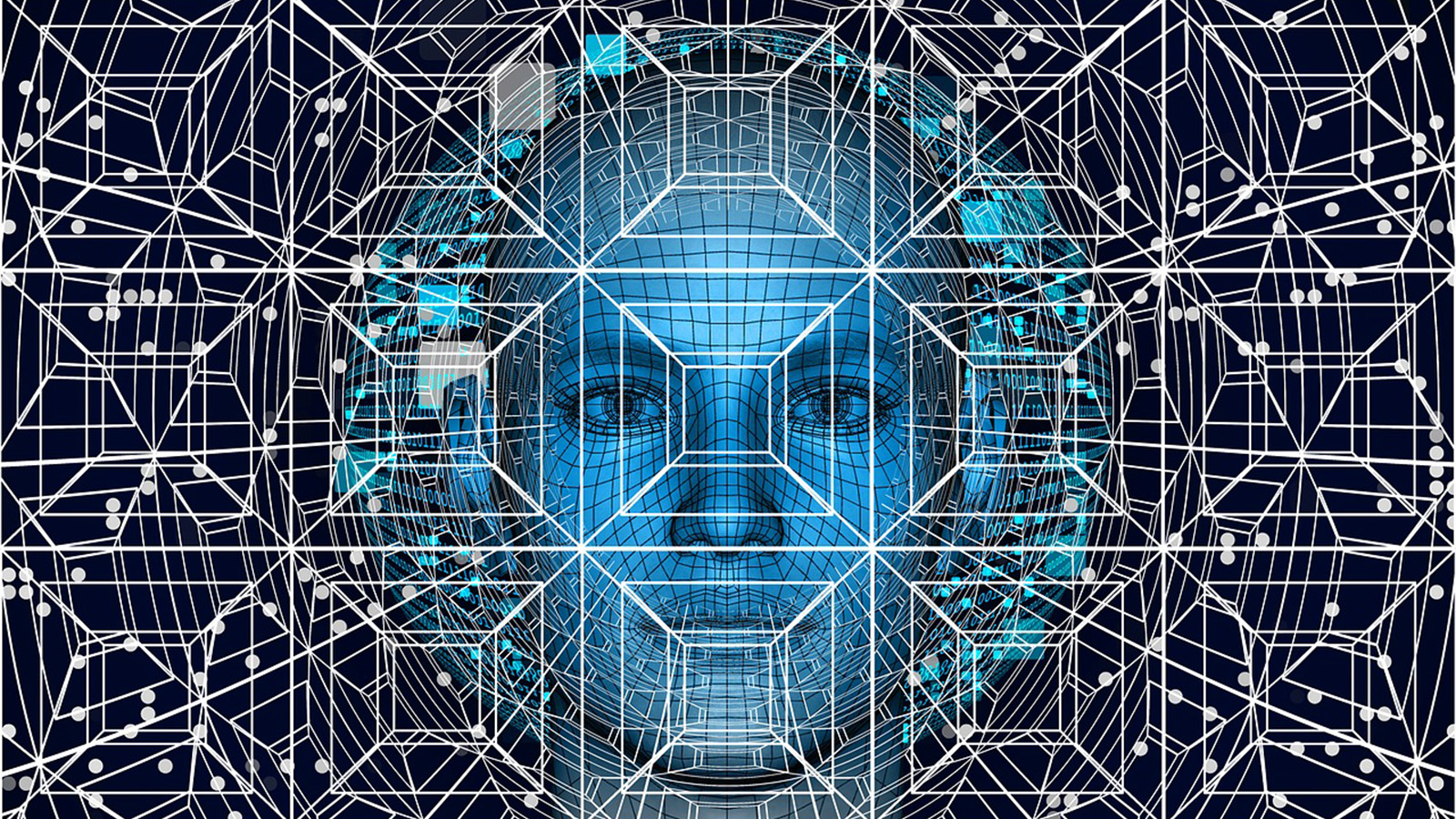For many countries, the prospects of artificial intelligence (AI) are thrilling. They raise up the kinds of innovations we see in science fiction screenplay. Across the African continent, artificial intelligence technology has the potential to bring myriad positive changes in areas such as finance and health care, bridging the gap between physical infrastructure inadequacies and consumer demands, while freeing up more time for expert labour and increased labour efficiency. For us as a country to reap these benefits, our government, investors, and NGOs must prepare for the fourth industrial revolution of the current workplace by preparating workers for difficult tasks, and improving laws and education to meet the demands of tomorrow.
There is little doubt that AI technologies will be transformational here in Zimbabwe. Astonishing wealth can be created, breathtaking improvements can be made, and many of our social and organizational structures maybe altered. Machines are now developing what is recognized as “tactic knowledge”, which is basically how the human mind operates. And this will only improve with the explosion of data. However, we must question ourselves whose lives will be improved/harmed by these new technologies?

This is why there is an importance of involving young people and innovative local AI start-up ecosystems to ensure access to information and knowledge. Local start-ups can serve as incubators for skills development and business modelling to ensure AI entrepreneurship deciphers local development issues in innovative and efficient ways, with a particular focus on youth and women. In South Africa, a group of data experts principally based at Barclays Africa in Johannesburg, have set up the ‘Africa Success’ initiative. It uses AI to deliver mentorship, resilience training and educational support to disadvantaged youth in three communities.
AI has the power to correlate real information in the data and outcome better than any other technology. It looks at the data and discovers what is relevant to the outcome, finds similarities in the data, and highlights it. Thanks to AI, non-profit institutions can handle finance, human resources, communications, internal operations, and sustainability. Government officers can improve their efficiency and be more effective in focusing on problems. In short, AI is seen as holding great potential for innovative, typically data-based, technical solutions to pressing, complex social problems
.
The hope is that AI applications will enable radically more effective and efficient approaches to promoting development, which will, in turn, enable us to meet the ambitious Sustainable Development Goals targets. In general the emergence of “big data” (large datasets made possible by the widespread adoption of the internet, mobile phones, and social media) have powered a super energy of interest in AI and its real-world applications. Collecting data on large online user-bases has transformed many companies, such as Google, Facebook, and Amazon, into leaders in big data. The accessibility of these huge datasets and the money to be made from mining them signifies a tipping point that has fueled the growth of AI.
In Zimbabwe, nevertheless, the dawn of AI carries with it a fear of falling further behind economically developed economies, rather than looking forward to new technology. While the country sees a number of innovative uses of AI, more can be done to guarantee access to information and knowledge through it. The country and region face specific challenges in terms of infrastructure, skills, knowledge gaps, research capacities and availability of local data, which need to be overcome to fully harness the deployment of AI. To sidestep intensifying the existing digital and knowledge rifts, it is essential to address these challenges and to raise awareness of the potential of AI for sustainable development.
The challenge in Zimbabwe and SADC region is not purely technological. Connectivity, literacy, and the price of data remain limitations on the endorsement of ICTs and on internet usage and will also be constraints on any benefits from AI. It is also being able to understand the user experience and use-case you want to drive. You can’t just throw in the technology without the capacity or knowledge of using it. You want to work with the partners who have invested time, government partners, and NGOs who understand how to work with this audience and design your technology towards that direction. As with other transformative and revolutionary technologies, there are challenges inherent in the development of AI. Governments can embrace these challenges and profit from AI by creating clear roadmaps to guide the adoption of this technology.





